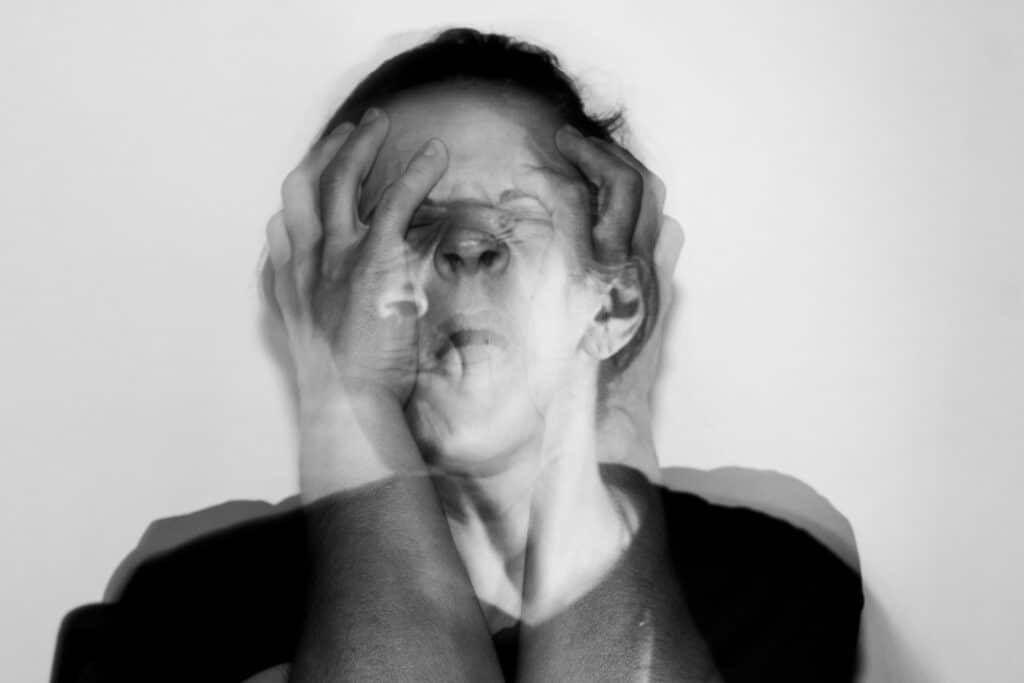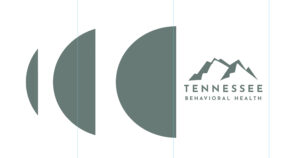Understanding Brief Psychotic Disorder
Brief psychotic disorder is a mental health condition characterized by the sudden onset of psychotic symptoms. These episodes typically last less than one month, after which the individual usually returns to their premorbid level of functioning. It is distinct from other psychiatric disorders, such as schizophrenia or schizoaffective disorder, because of its short duration and abrupt onset.

Tennessee Behavioral Health
Core Symptoms and Diagnostic Criteria
The American Psychiatric Association defines brief psychotic disorder as the presence of one or more of the following psychotic symptoms:
- Delusions
- Hallucinations
- Disorganized speech
- Grossly disorganized or catatonic behavior
These symptoms must appear suddenly, typically within a two-week period. The duration of symptoms is usually less than one month, and the individual must eventually regain their previous level of functioning. Exclusion criteria ensure that symptoms are not better explained by another mental disorder, medical condition, or substance use.
Causes and Risk Factors
Several factors can increase the likelihood of developing brief psychotic disorder, including:
- Extreme stress: A traumatic event such as a natural disaster, family conflict, or significant emotional turmoil may trigger psychotic episodes.
- Family history: A genetic link to psychiatric conditions like schizophrenia or bipolar disorder can elevate risk.
- Personality traits: Individuals with borderline personality disorder or poor coping skills are more vulnerable.
- Postpartum onset: Some women experience psychotic symptoms shortly after childbirth, termed disorder with postpartum onset.

Psychotic Symptoms and Behaviors
The primary psychotic behaviors associated with this condition can severely disrupt everyday life during an acute attack. These symptoms include:
- Delusions: Fixed false beliefs, such as paranoia or grandiosity.
- Hallucinations: Perceiving sounds, voices, or images that are not present.
- Disorganized behavior: Acting inappropriately or unpredictably.
- Catatonic behavior: A marked decrease in reactivity to the environment, sometimes leading to immobility or bizarre postures.
Differentiating from Other Disorders
The primary difference between brief psychotic disorder and related conditions lies in its duration of care and symptom onset. Disorders such as schizophreniform disorder, delusional disorder, or schizoaffective disorder involve longer symptom periods or additional criteria like mood disturbances. Reactive psychosis, triggered by extreme stress, shares similarities but may be distinguished by specific diagnostic criteria.
Treatment Options
Treatment for brief psychotic disorder involves addressing both core symptoms and underlying causes. Health professionals at Tennessee Behavioral Health provide comprehensive treatment plans to ensure recovery. First-line treatment options include:
- Antipsychotic treatment: Medications such as typical antipsychotics or atypical antipsychotics help reduce psychotic symptoms.
- Behavioral therapy: Techniques such as psychosocial services and access therapy help individuals manage stress and improve coping mechanisms.
- Family support: Involving family members helps address family conflict and promotes a supportive environment.
- Preventive strategies: These include stress management techniques to reduce the risk of recurrences.
Prognosis and Recovery
With timely intervention, individuals often achieve complete remission. Clinical remission is typically seen within weeks, and most return to their previous level of functioning. Ongoing support and monitoring help minimize future episodes and maintain long-term wellness.

Tennessee Behavioral Health
Frequently Asked Questions
1. What causes brief psychotic disorder?
Extreme stress, such as a traumatic event, or a genetic link to other mental disorders can trigger brief psychotic disorder. Certain personality traits and poor coping skills may also contribute.
2. How is brief psychotic disorder diagnosed?
A mental health professional diagnoses this disorder based on diagnostic criteria outlined by the American Psychiatric Association. The process involves evaluating psychotic disorder symptoms, ruling out other conditions, and conducting a physical exam if necessary.
3. What are the treatment options for brief psychotic disorder?
Treatment typically includes antipsychotic agents, behavioral therapy, and psychosocial services. Accessible services like those at Tennessee Behavioral Health provide personalized care.
4. Can brief psychotic disorder recur?
Yes, there is a risk of recurrences, especially in individuals with unresolved stress or underlying psychiatric conditions. Preventive strategies and ongoing support can reduce this risk.
5. How does brief psychotic disorder differ from other psychotic disorders?
The duration of symptoms is the key distinction. Brief psychotic disorder lasts less than one month, whereas conditions like schizophrenia or schizoaffective disorder persist longer and often involve additional symptoms.
Tennessee Behavioral Health
Why Choose Tennessee Behavioral Health?
At Tennessee Behavioral Health, our healthcare providers offer compassionate care for individuals experiencing psychotic episodes. We use evidence-based approaches, supported by resources like JAMA Psychiatry and EBSCO Information Services, to ensure optimal outcomes. Contact us today to access therapy and begin your journey to recovery. Visit SAMHSA or contact us today.




